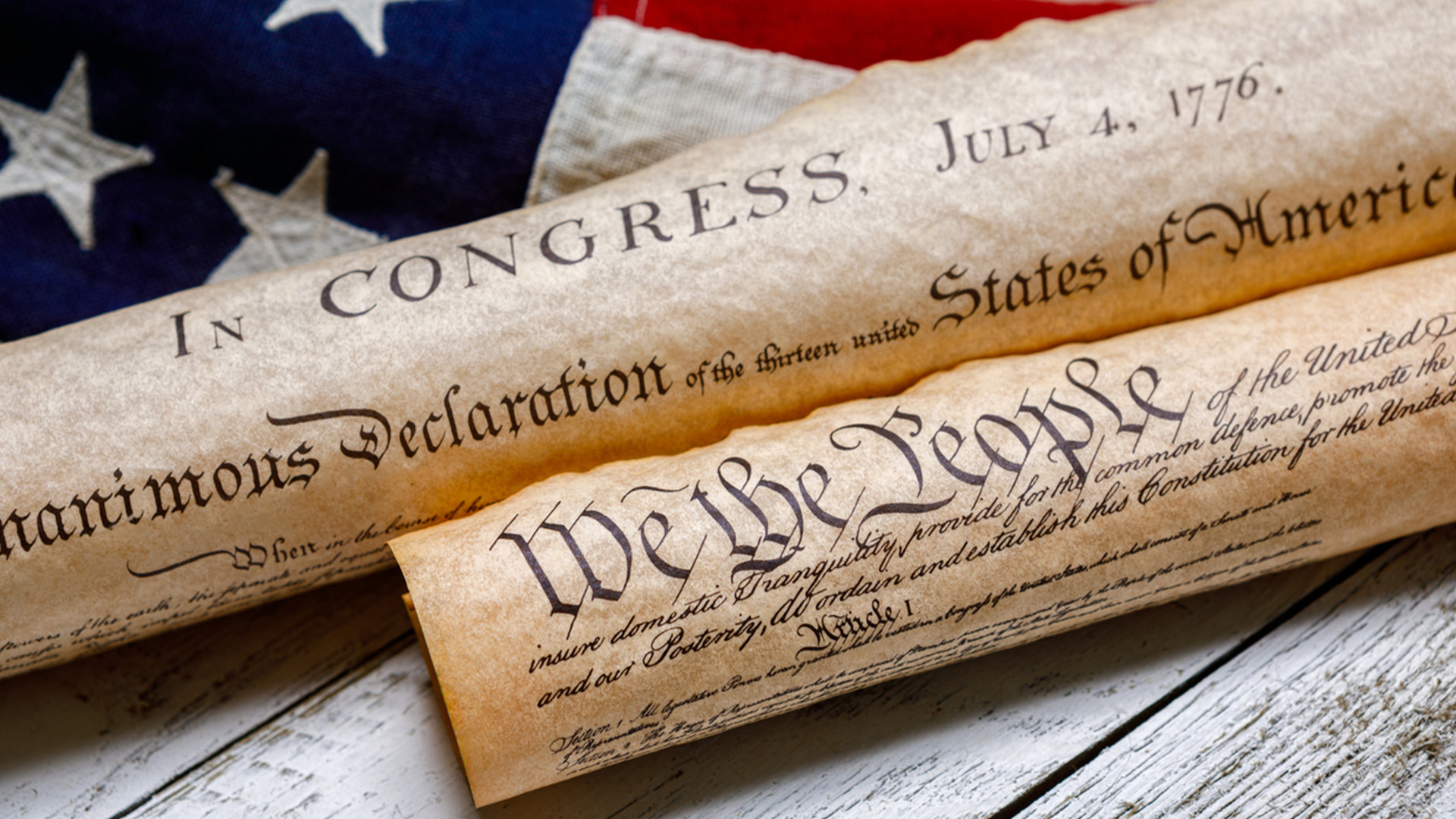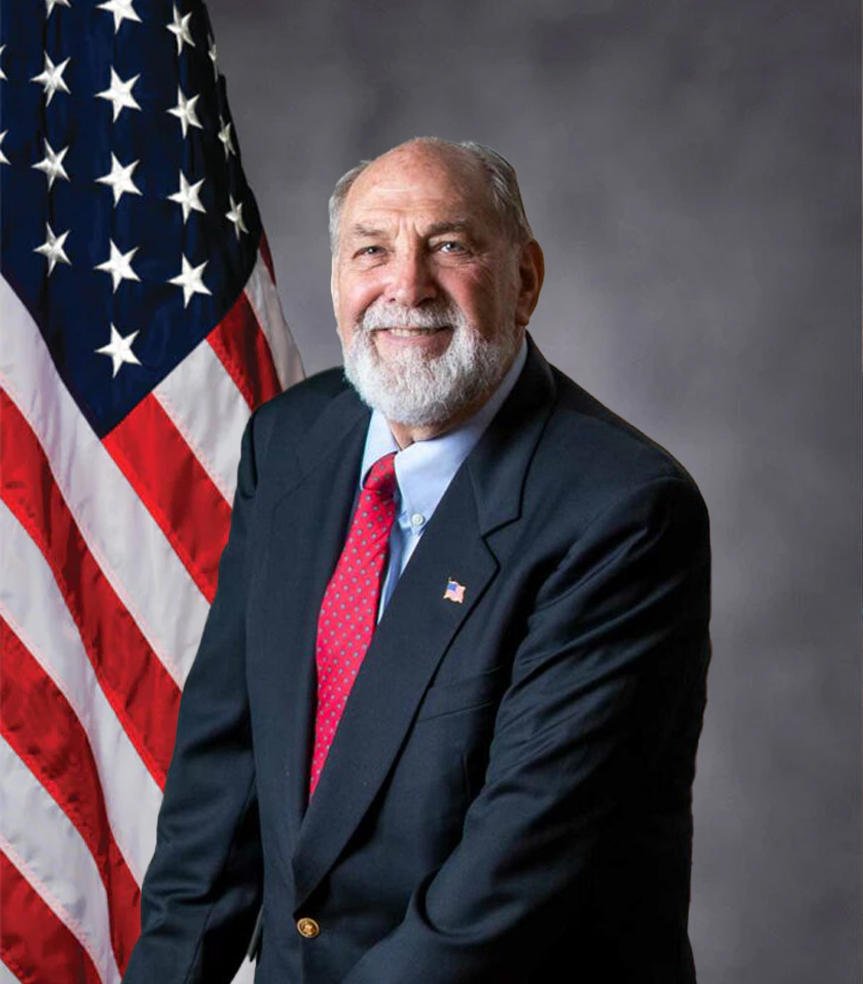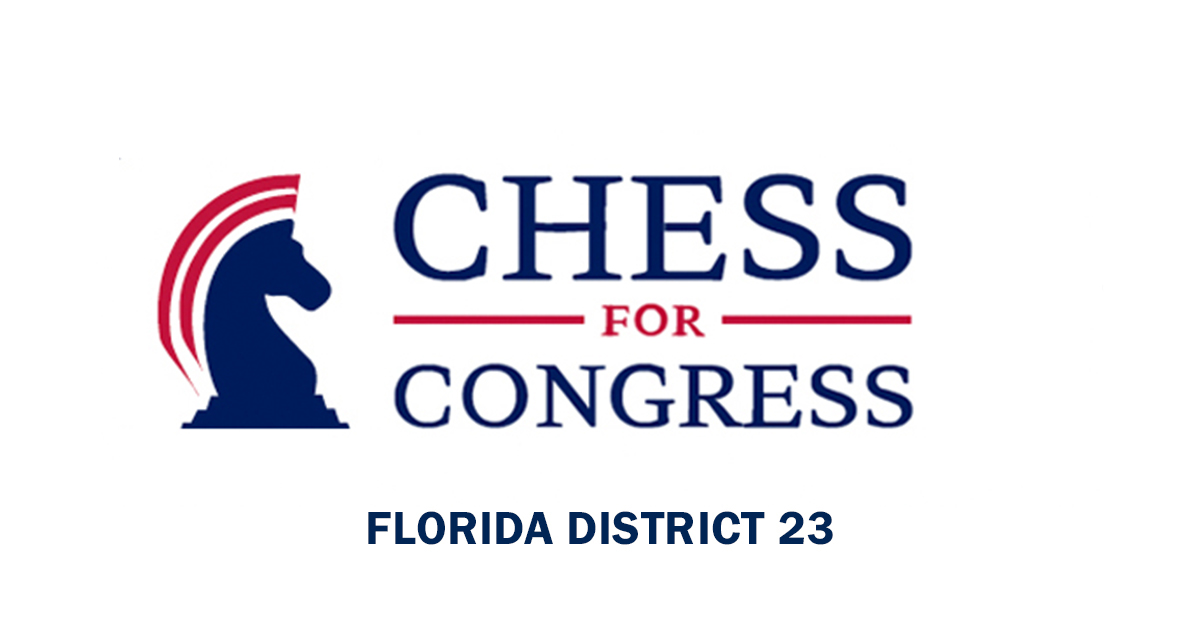
What Does Congress Do? – Understanding the Role of Congress
In the grand tapestry of American governance, Congress stands as a pivotal player, shaping the nation’s path through legislation, oversight, and representation. But what exactly does Congress do? This question, simple on the surface, opens the door to a complex and dynamic world of American politics, where laws that touch every aspect of our lives are debated, modified, and enacted. Understanding the role and functions of Congress is essential for anyone looking to grasp the essentials of American government.
Outlined in Article I—the most detailed section of the Constitution—are the powers granted to Congress. These powers include:
- Legislating laws
- Declaring war
- Levying and allocating public funds and ensuring their proper use
- Impeaching and conducting trials for federal officers
- Ratifying presidential appointments
- Confirming treaties formulated by the executive branch
- Performing oversight and investigations
The Heart of Legislative Activity
At its core, Congress is the legislative branch of the United States federal government, vested with the power to make laws. This fundamental task involves a meticulous process of drafting, discussing, amending, and voting on legislation that ranges from national security to economic policy, environmental regulation to social welfare. The laws passed by Congress govern federal taxes, healthcare, education, and more, directly impacting the daily lives of American citizens.
A Dual Chamber of Representation
Comprising two chambers – the Senate and the House of Representatives – Congress embodies a system of checks and balances within itself, designed to ensure both broad and specific interests are represented. The Senate, with two senators from each state, focuses on equal representation, while the House, with representatives based on state populations, reflects the demographic diversity of the nation. This bicameral structure facilitates a comprehensive legislative process, with both chambers needing to agree on a bill before it becomes law.
Beyond Lawmaking: Oversight and Investigation
Congress’s responsibilities extend beyond just drafting and passing legislation. It holds the power to declare war, approve presidential appointments, and ratify treaties. Additionally, one of its crucial roles is to conduct oversight of the executive branch, ensuring laws are properly implemented and federal agencies are held accountable. Through hearings and investigations, Congress monitors government operations and addresses issues of national concern, from security breaches to public health crises.
A Voice for the People and the States
Perhaps the most significant aspect of what Congress does is serving as the voice of the American people and the states within the federal government. Elected directly by the citizens, members of Congress represent the interests and concerns of their constituents, advocating for policies that benefit their regions and the country as a whole. This direct link to the electorate underscores the democratic foundation of the United States, with Congress acting as a conduit for public will in the federal decision-making process.
The Constitution’s Blueprint
The powers and structure of Congress are defined in Article I of the Constitution, the document’s longest section, underscoring the importance of the legislative branch in the framework of American government. From making laws to fiscal responsibilities, from impeachment powers to treaty ratification, Congress’s roles are vast and varied, shaped by the Constitution to safeguard the nation’s democratic values and principles.
So, “What does Congress do?”
In summary, it crafts the laws that guide our country, oversees the implementation of these laws, investigates governmental conduct, and represents the diverse tapestry of American society at the federal level. Its actions and decisions influence not just the present moment but the future trajectory of the United States, making Congress a cornerstone of American democracy.
As we continue to navigate the complexities of modern governance, understanding the multifaceted role of Congress is more important than ever. It is not just a question of what Congress does, but how its actions reflect the will of the people it serves and the checks and balances that define American government.
Get Social with us




